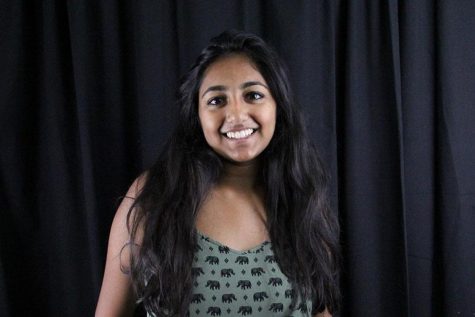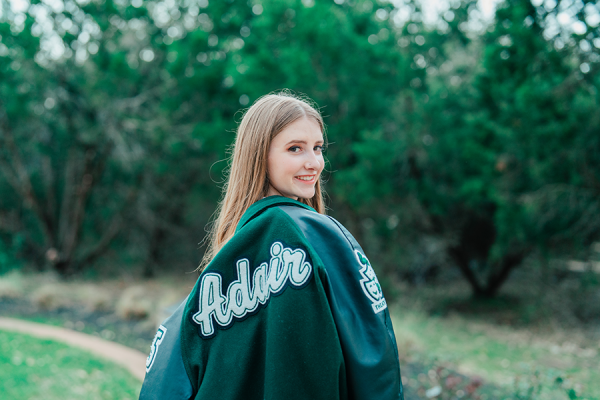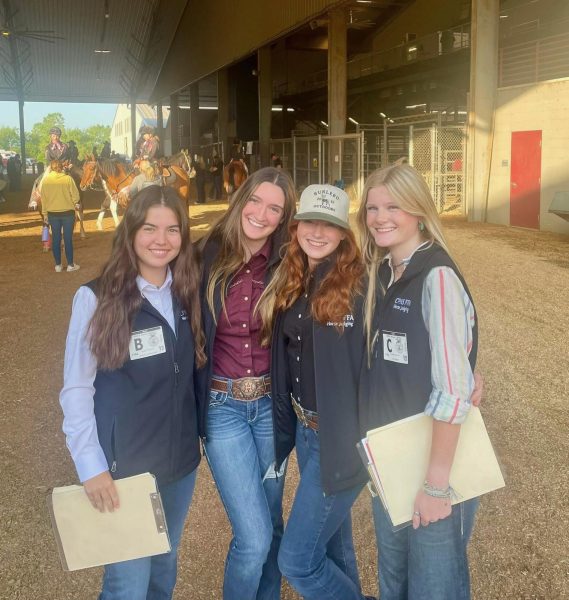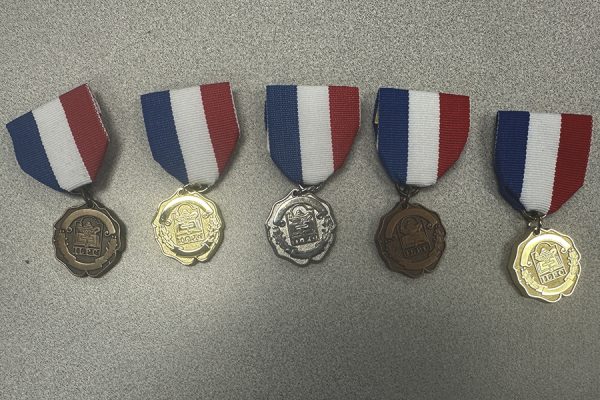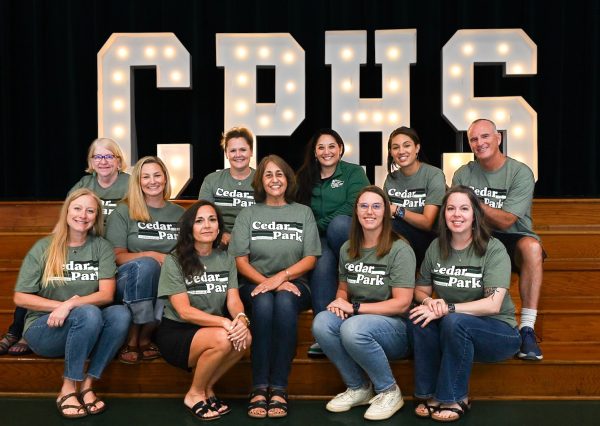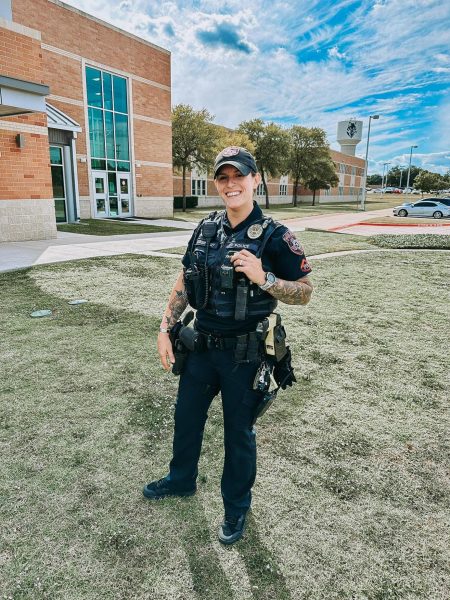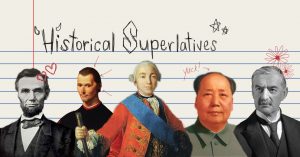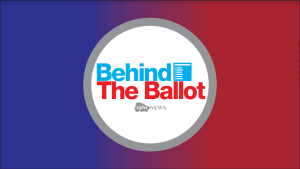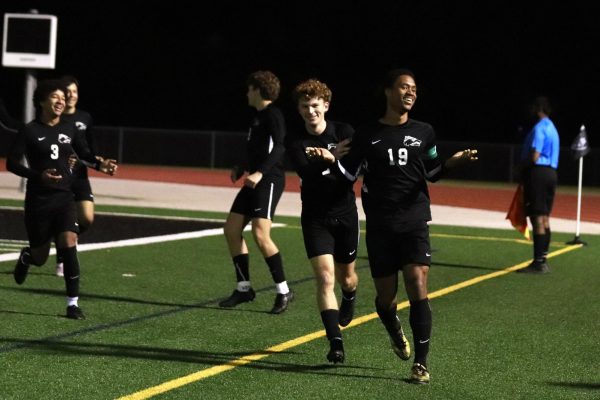Political Orientation: Does It Matter?
May 24, 2017
Political Orientation: Does It Matter?
Never ask a woman her weight, adults their salary or friends their political orientation. That was the mantra that many students were taught from a young age. Yet, with social media, political orientation is becoming more prominent to one’s social status and intertwined with creating and keeping friendships.
While political orientation should not be the main factor when trying to cultivate a friendship, it does play a role, according to senior Claudia Sychev.
“[It matters] to a certain extent,” Sychev said. “Although, I think it’s mixed in with critical thought, because some people go for certain political ideologies out of emotion, familial ties or random bad experiences but don’t actually think of the consequences of what they say. They think in abstract ideologies rather than individual human beings.”
Often, we are drawn to people that share the same perspective and moral standards, but the most important part is holding on to your own beliefs, according to Sychev.
“My friends are aligned in my political views,” Sychev said. “But whenever I talk to someone who differs [from my belief] I am very careful to be understanding but hold tight to my own political beliefs. I usually avoid people who lack intellectual conversational abilities, so I haven’t dealt with anyone who is out right aggressive with my beliefs.”
To Sychev, it is not the thought that they directly oppose her beliefs and morals that matters, it is someone’s ability to recognize the immorality of their ideology and still believe it anyway.
Junior Abby Brown has a different take on political orientation, however, as she feels they shouldn’t even matter when trying to cultivate a friendship.
“I mean, you shouldn’t just state them [political beliefs] right away after meeting a person or even when trying to make friends with the person,” Brown said. “I am friends with people of different political beliefs and it doesn’t bother me because everybody has their own beliefs.”
Difference in opinion and perspective is crucial to self-growth, according to Brown, and is important when learning how to respect others’ morals and values.
“I think that’s not good [to judge someone on their beliefs] because everybody should be okay with the choices of other people and their beliefs and not base friendships off that,” Brown said. “I don’t believe what your political beliefs are should dictate who you hang out with.”
The sense of respect for one another is the part that senior Easton Jenkins believes creates a true friendship, despite having different views.
“I don’t think that political orientation matters when you become someone’s friend,” Jenkins said. “But, if you have different opinions and you still respect each other, then it makes you better friends because your friendship has overcome a barrier and that’s cool.”

![Posing with their UIL State Trophy, the Robolobos Van Halen Team beams with excitement after their win. “It was a team effort,” junior Noah Vo said. “I was happy because something happened in the first match and the match was also really close. So [when] they finally revealed it, I was pretty happy.” Photo courtesy of Amy Lovelace](https://cphswolfpack.com/wp-content/uploads/2025/05/IMG_0910-EDIT-1200x723.jpg)
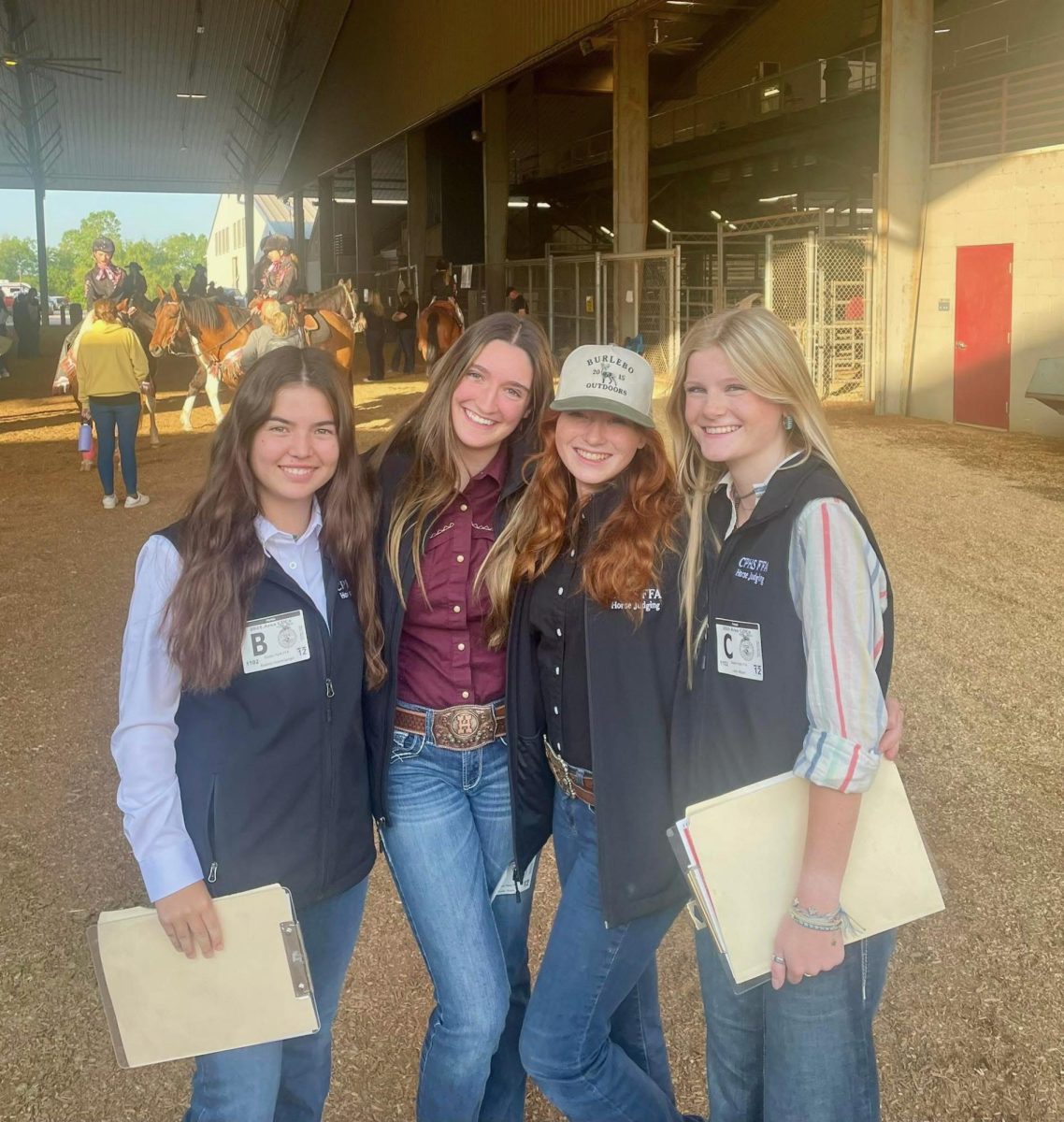
![Broadcast, yearbook and newspaper combined for 66 Interscholastic League Press Conference awards this year. Yearbook won 43, newspaper won 14 and broadcast took home nine. “I think [the ILPC awards] are a great way to give the kids some acknowledgement for all of their hard work,” newspaper and yearbook adviser Paige Hert said. “They typically spend the year covering everyone else’s big moments, so it’s really cool for them to be celebrated so many times and in so many different ways.”](https://cphswolfpack.com/wp-content/uploads/2025/05/edited-ILPC.jpg)











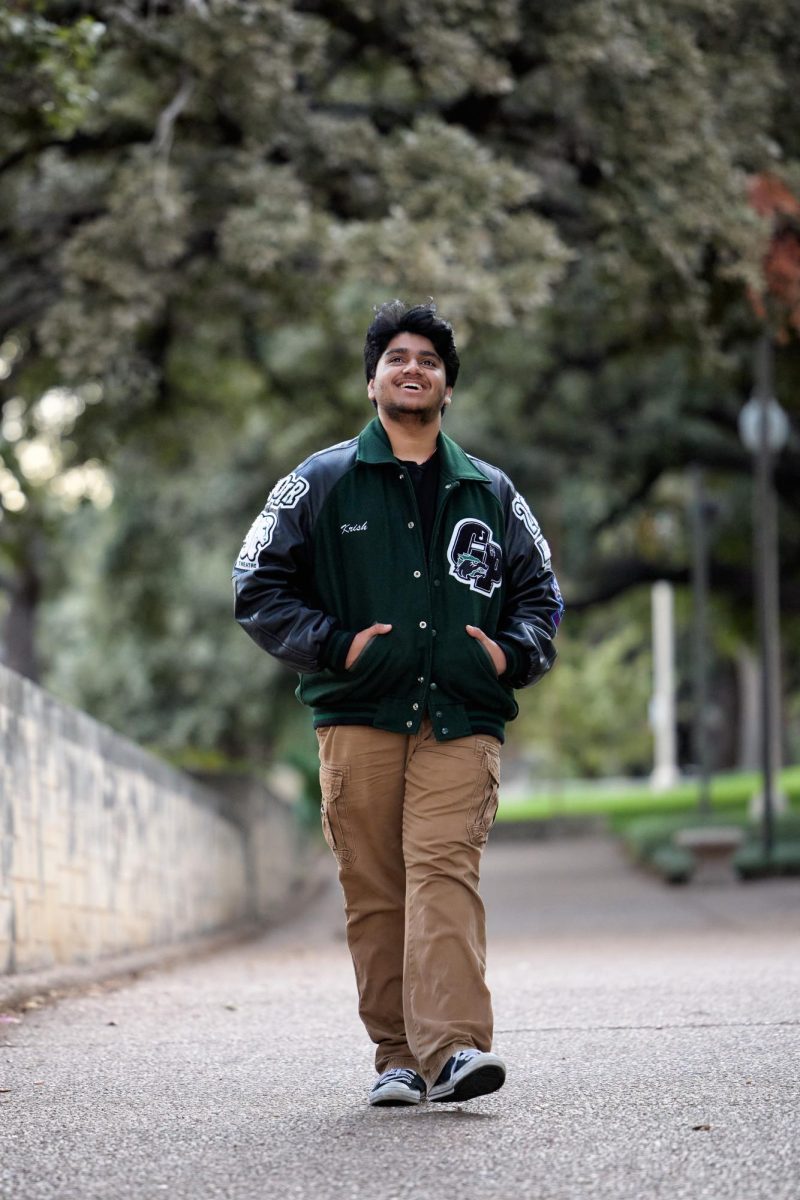

![Bringing her arm over her head and taking a quick breath, junior Lauren Lucas swims the final laps of the 500 freestyle at the regionals swimming competition on date. Lucas broke the school’s 18-year-old record for the 500 freestyle at regionals and again at state with a time of 4:58.63. “I’d had my eye on that 500 record since my freshman year, so I was really excited to see if I could get it at regionals or districts,” Lucas said. “ State is always a really fun experience and medaling for the first time was really great. It was a very very tight race, [so] I was a bit surprised [that I medaled]. [There were] a lot of fast girls at the meet in general, [and] it was like a dogfight back and forth, back and forth.” Photo by Kaydence Wilkinson](https://cphswolfpack.com/wp-content/uploads/2025/03/Kaydence-2.7-23-edit-2.jpg)
![As the support team sits and poses for a photo in the cafeteria with the counseling team they eagerly wait to start their day. "We [all] seem to be a team, I get up every day and there's days where I don't want to go to work today, but I'm thankful that I have a job and I'm blessed to have what I have," Christopherson said. Photo Courtesy of Julie Weltens.](https://cphswolfpack.com/wp-content/uploads/2025/01/AF9E8470-10D7-4C91-BF28-EC8F86BAB66C-1200x852.jpeg)
![Officer Stephanie Cash is in her second year as an SRO at CPHS. “Seeing [students] grow over the years has been kind of cool,” Officer Cash said. “Freshmen that [are] all over the place and then in the next couple of years get a little more squared away and go to class and do work and start thinking about the future. Being a part of a student's growth is the best way to measure my success as an SRO.” Photo Courtesy of Cedar Park Police Department's PIO, Alicia Gallagher.](https://cphswolfpack.com/wp-content/uploads/2024/12/CPHS-SRO-900x1200.jpg)
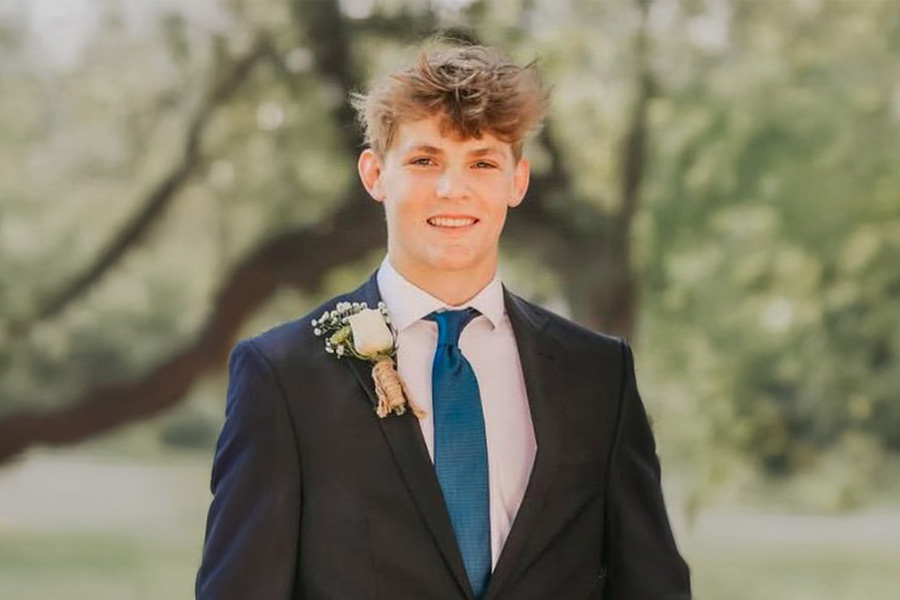

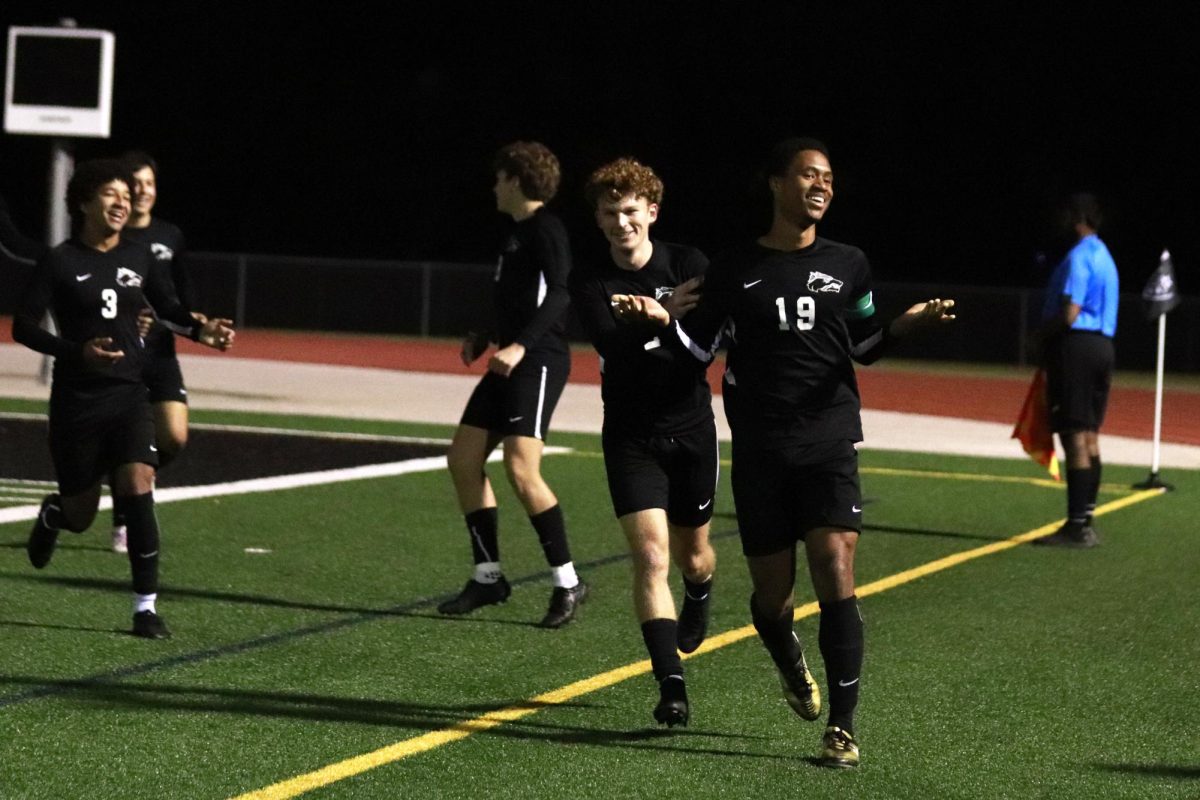
![Taking a breath as he raises his arm up and out of the water, sophomore Kaden Padilla swims the 500 freestyle at the UIL state meet on Feb. 21-22. Padilla placed 10th overall and second in the consolation final in the event, dropping two seconds. “My family was there, so being able to drop time for them was really special,” Padilla said. “It was awesome [finding out I advanced to the consolation finals]. I wasn’t expecting it, and I was very surprised. My parents being there definitely made me a lot happier knowing they got to see me swim in finals.” Photo by Skyler King.](https://cphswolfpack.com/wp-content/uploads/2025/03/kaden-padilla.jpg)

![Three defenders try to stop senior point guard Hope Edwards before the ball leaves her hands. The girls basketball team faced Liberty Hill on Feb 21, losing 58-40. “[My season was] definitely bittersweet,” Edwards said. It's definitely sad [because] I'm gonna miss all my teammates, my coaches and just the whole CP environment.”](https://cphswolfpack.com/wp-content/uploads/2025/03/julia-128-1200x800.jpg)













